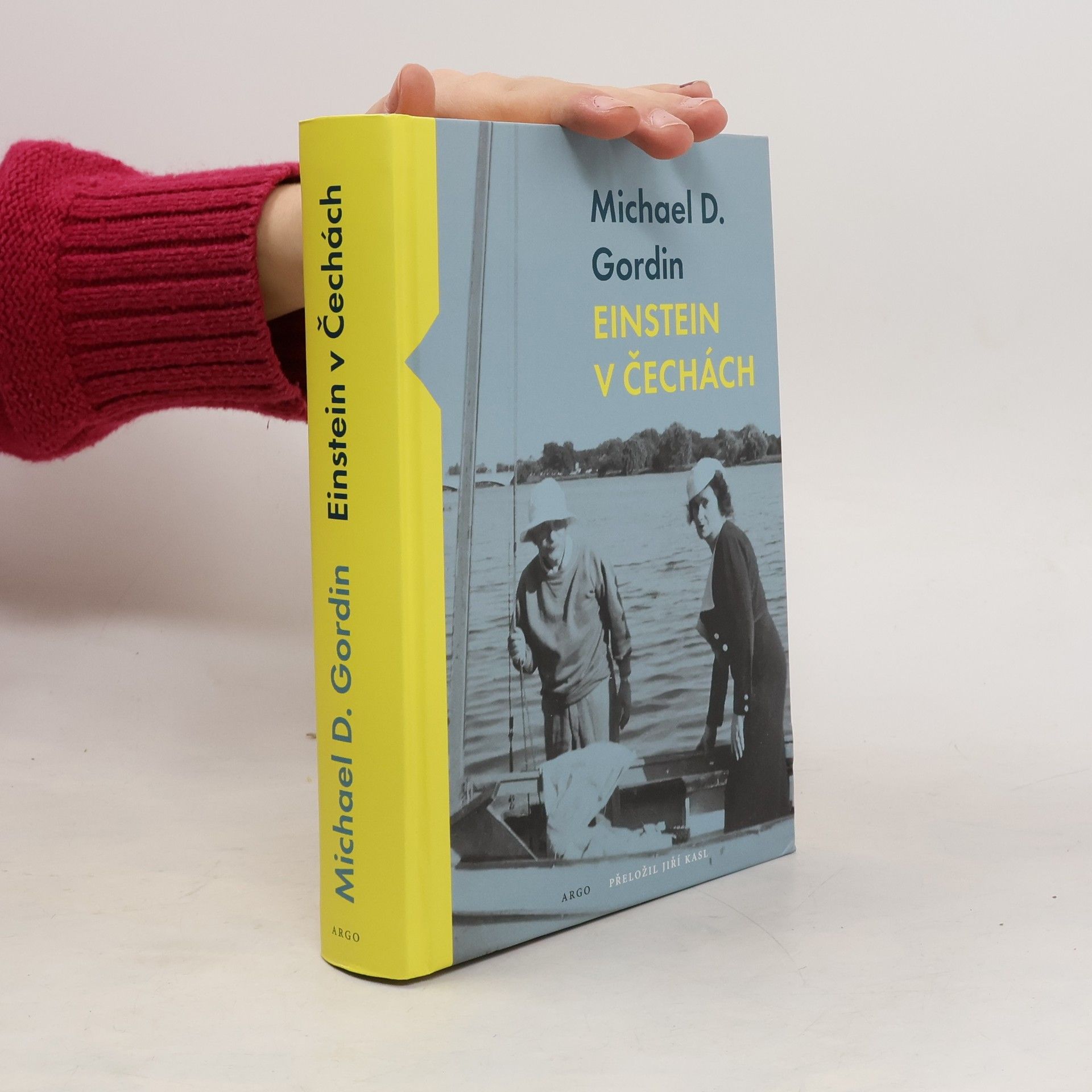Na jaře 1911 se Albert Einstein s manželkou a dvěma syny přestěhoval do Prahy, kde působil jako profesor teoretické fyziky na německé univerzitě. Proti původním očekáváním zůstal v Praze jen šestnáct měsíců, a toto období tedy jeho životopisci obvykle považují za nedůležitou epizodu. Michael Gordin důkladně zkoumá setkání velkého vědce s městem s tisíciletou historií; jeho kniha není jen záznamem jednoho období vědecké kariéry, ale i portrétem doby a města.
Michael D. Gordin Knihy
Michael Gordin se zaměřuje na historii moderní vědy a zkoumá její dopady na společnost. Jeho práce se často zabývá průsečíkem vědy, politiky a společenských idejí, přičemž odhaluje složité způsoby, jakými vědecké poznání formuje náš svět. Gordin analyzuje historické události a myšlenkové proudy s důrazem na jejich dlouhodobé důsledky a vzájemné působení různých oblastí lidského poznání. Jeho přístup nabízí čtenářům hlubší porozumění klíčovým momentům vědeckého pokroku a jejich širšímu kulturnímu kontextu.





On the Fringe
- 136 stránek
- 5 hodin čtení
Many people would be able to agree on a list of things that fall under the umbrella of pseudoscience - astrology, phrenology, UFOlogy, creationism, and eugenics might come to mind. But defining what makes these fields "pseudo" and differentiates them from genuine science is a far more complex issue. On the Fringe explores the philosophical and historical attempts to address this problem of demarcation. Michael D. Gordin guides readers along a bewildering array of marginalized doctrines, focusing on some of the central debates about what science is and is not, and how such controversies have shifted over the centuries. On the Fringe provides a historical tour through various theories, providing readers with the tools to think deeply about scientific controversies both past and present.
Many people would be able to agree on a list of things that fall under the umbrella of pseudoscience--astrology, phrenology, UFOlogy, creationism, and eugenics might come to mind. But defining what makes these fields "pseudo" and differentiates them from genuine science is a far more complex issue. Michael D. Gordin provides a historical tour through various theories, guiding readers along a bewildering array of marginalized doctrines, focusing on some of the central debates about what science is and is not, and how such controversies have shifted over the centuries--back cover.
Am Rande
Wo Wissenschaft auf Pseudowissenschaft trifft